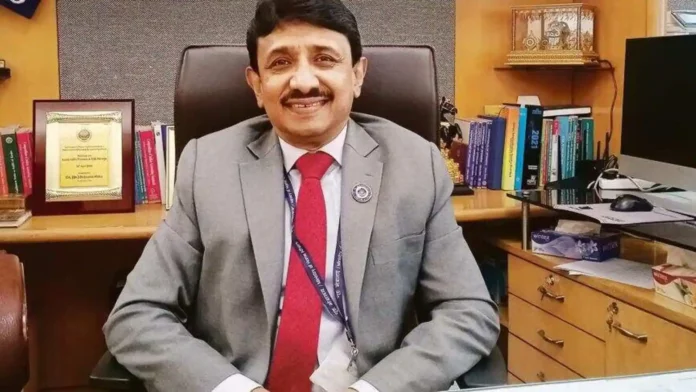Following a change in leadership at the helm of both organizations, two of India’s major audit regulators have put aside their disputes on a plan to ease the statutory audit mandate for small enterprises. The National Financial Reporting Authority (NFRA) released a consultation document in September of last year with a proposal to relax the statutory audit requirement for small enterprises.
The Institute of Chartered Accountants of India (ICAI) opposes the proposal. As the self-regulator of auditors and the developer of accounting rules in India, ICAI, NFRA is the government-instituted audit watchdog. Debashis Mitra, president of the ICAI, stated in an interview that the two organizations now complement one another, signalling the end of the conflict between them and the stark differences over the statutory audit framework. “Our efforts are complementary. We respect the NFRA, and I’d like to assume that the NFRA respects ICAI as well. We are not currently heading toward one another. Regarding the subject of audit quality, we concur. In the interview, Mitra stated, “We both think the audio quality needs to be very high. Under the condition of anonymity, a government official said that both institutions have discussed important audit issues and frequently exchange views. By press time, NFRA had not responded to an email sent to them on Tuesday asking for comments on the article. After Rangachari Sridharan’s tenure as the watchdog’s first chairperson expired last year, former finance secretary Ajay Bhushan Pandey assumed the position in March.
NFRA solicited public feedback on the audit framework for small enterprises while Sridharan was in charge, but ICAI objected. Since the term of the body that creates accounting rules is only one year, ICAI has also elected a new president. The NFRA solicited feedback on whether or not small and medium-sized businesses should be exempt from statutory audit requirements as well as the appropriate threshold in its consultation paper. Then, ICAI emphasized that NFRA lacks authority over small enterprises to determine whether or not they require auditing. “That was an NFRA consultation paper. According to ICAI, we were never consulted.
In addition, we stated that NFRA only works with organizations serving the public interest. After that, neither the NFRA nor the government, in my opinion, have spoken anything about it, Mitra said. The consultation document provided information on the auditing process for small businesses. Following this, NFRA’s early investigation revealed that the fees paid to auditors by the vast majority of micro, small, and medium-sized businesses were far less than what an audit would cost when carried out in accordance with the word and spirit of the auditing standards. The watchdog subsequently stated that it was time to review the demand for a mandatory statutory audit of every company.
Follow and connect with us on Facebook, LinkedIn & Twitter.

